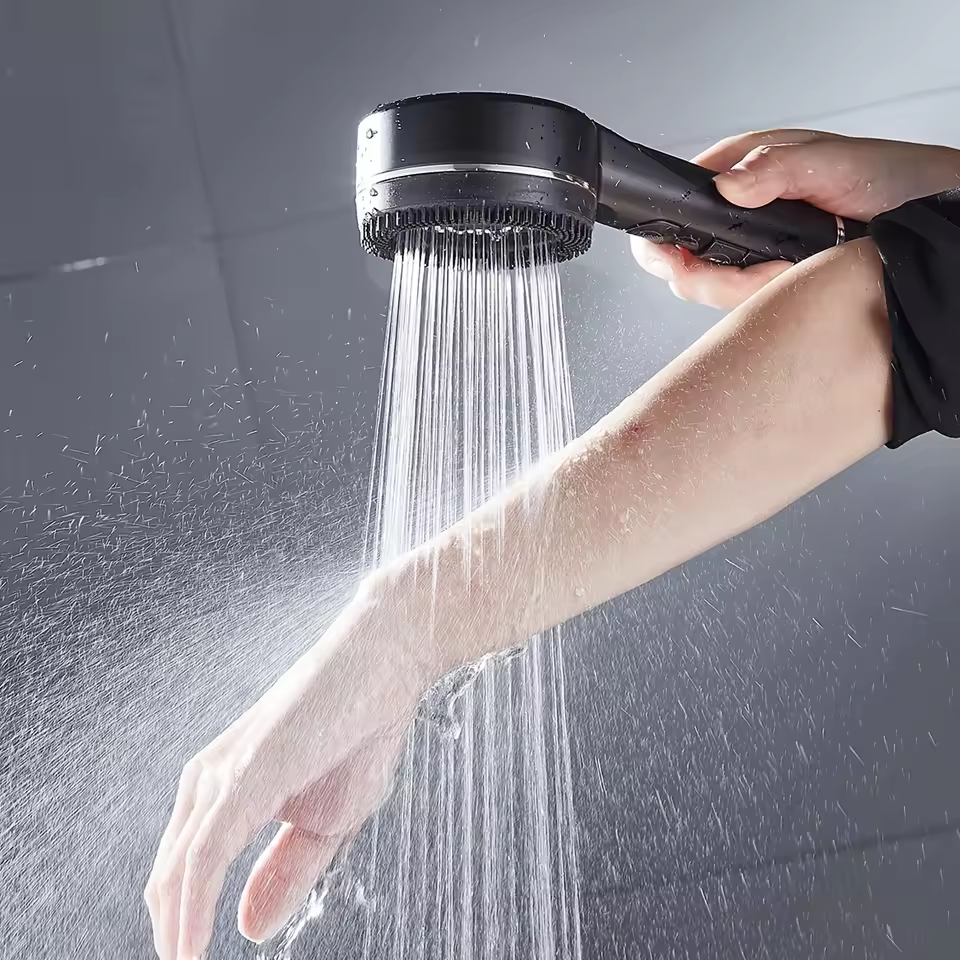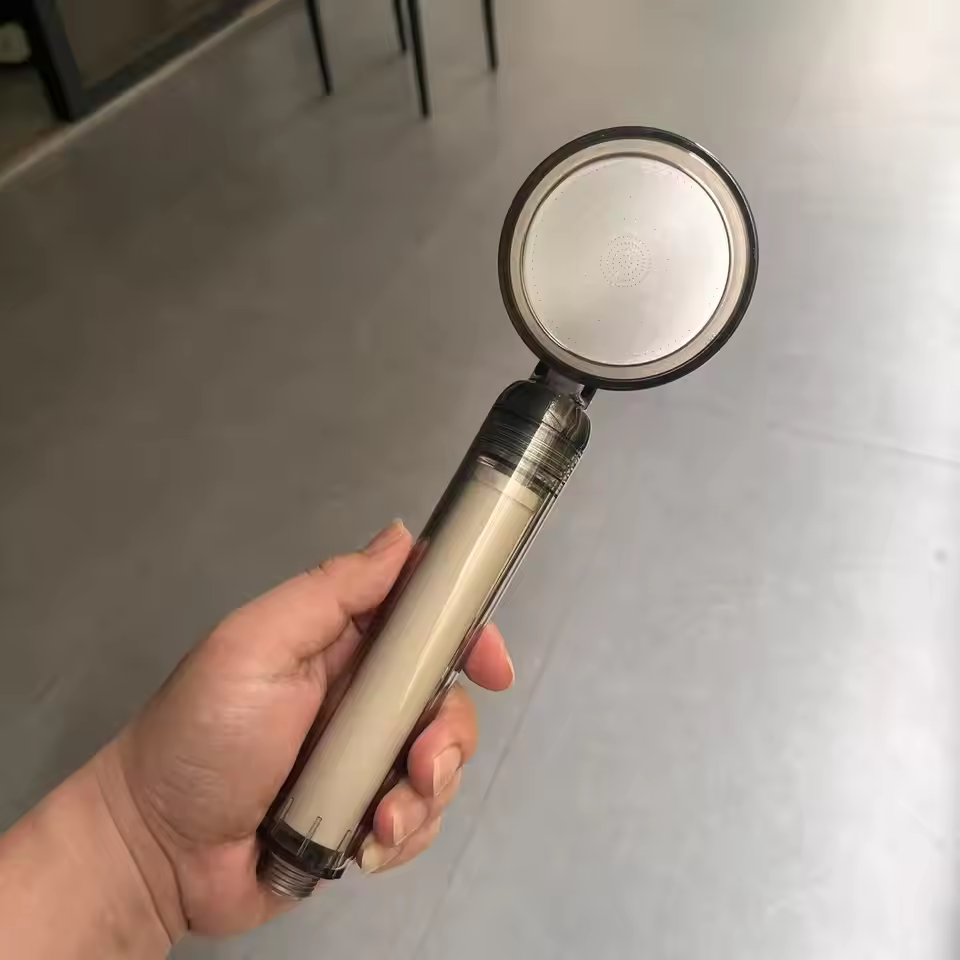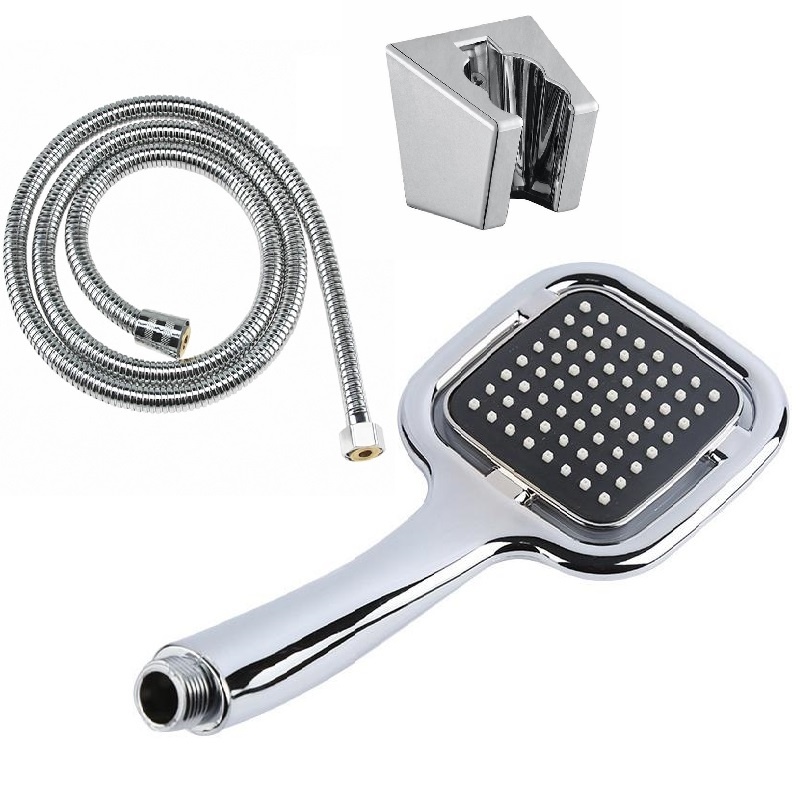Identifying Common Causes of Shower Drain Clogs
How to unclog a shower drain with standing water? Understanding what blocks your shower drain is key to preventing clogs. Common causes include:
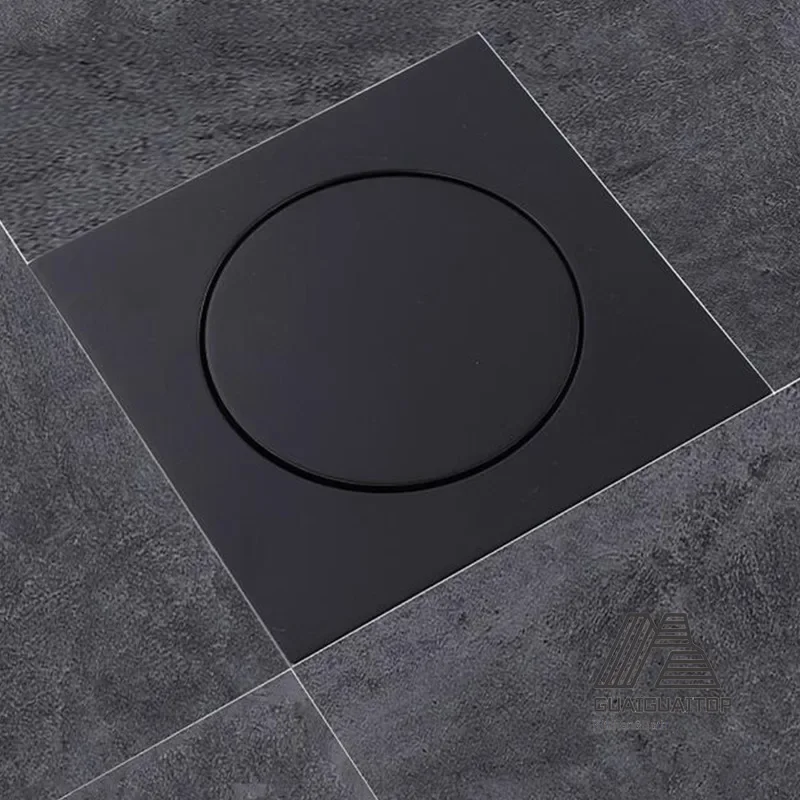
- Hair Accumulation: Hair is a prime culprit. It tends to bind with grease and soap, creating stubborn clogs.
- Soap Buildup: Bar soaps can leave residue that hardens inside pipes, reducing flow.
- Mineral Deposits: In areas with hard water, mineral deposits can narrow pipes over time.
- Small Objects: Things like shampoo caps can accidentally fall in and block the passage.
- Oil and Grease: Body oils and product residue can solidify in the pipes, causing blockage.
Each clog has its unique makeup, but these causes tend to be the most frequent. Regular maintenance can help avoid the buildup that leads to clogging. In the next section, we’ll explore simple DIY methods to clear these common blockages.
Simple DIY Methods to Unclog Your Shower Drain
Having a free-flowing shower drain keeps your bathroom experience pleasant and hygienic. If water pools at your feet, try these DIY techniques to tackle the problem.
Boiling Water Technique
Start with the simplest method. Boil a pot of water and pour it slowly down the drain. The heat can help melt soap scum and loosen hair.
Baking Soda and Vinegar Reaction
For more stubborn clogs, use baking soda and vinegar. Pour half a cup of baking soda, followed by half a cup of vinegar into the drain. Cover it to force the reaction downward. After an hour, rinse with hot water.
The Plunger Approach
A plunger can also be effective. Make sure there’s enough water in the shower to cover the plunger base. Place it over the drain and plunge vigorously.
Using a Plumbing Snake or Auger
For tough blockages, use a plumbing snake or auger. Insert it into the drain, twist to catch the clog, then pull it out. Run water to check if the clog is gone.
These methods can help clear your shower drain with tools you likely have at home. If one doesn’t work, move on to the next. Often, a combination of these tactics is needed to clear different components of the clog. Remember, regular maintenance is key to keeping your drains clear in the long run.
When to Use Professional Tools for Tough Clogs
Even the best DIY attempts may sometimes fail against stubborn shower drain clogs. When basic methods like boiling water, plunging, or a mix of baking soda and vinegar don’t work, it’s time to consider professional tools.
Using a Drain Auger
A drain auger, also known as a plumbing snake, is your next step for tough clogs. This tool reaches further into the drain than a regular wire can. Insert the auger carefully and turn it to catch the clog. Gently pull back to remove the clog. Always follow the manufacturer’s instructions.
High-Pressure Water Jetting
For serious blockages, use a high-pressure water jet. This tool shoots water at high pressure to clear the pipes. It must be used carefully to avoid damage. Generally, this is a tool that professionals handle.
Chemical Drain Cleaners
Some clogs need chemical drain cleaners for a solution. Choose cleaners designed for showers to prevent pipe harm. Use them as directed and wear protective gear like gloves and goggles for safety.
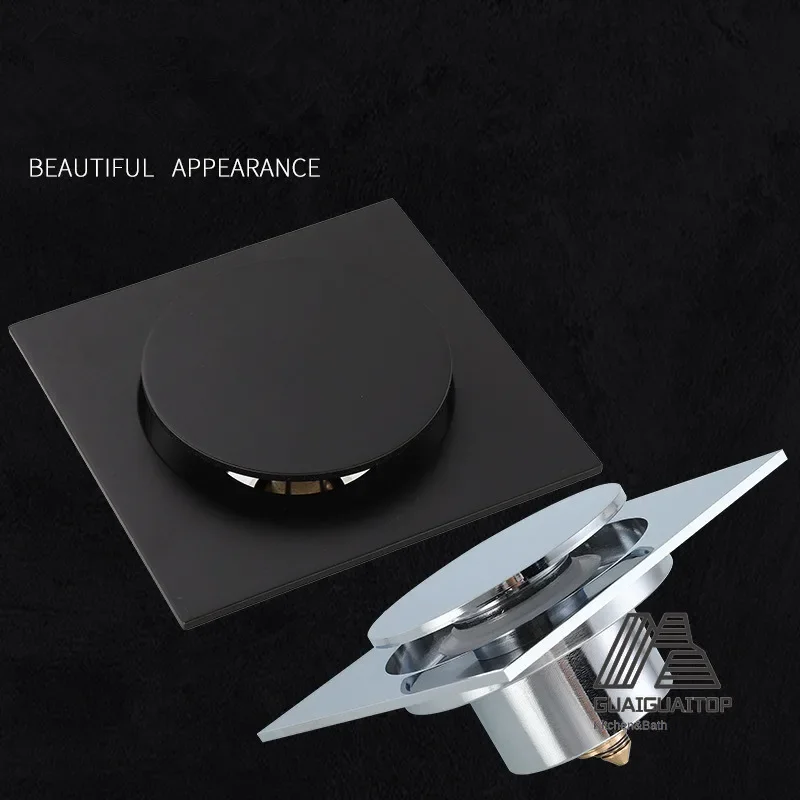
Enzymatic Cleaners
Enzymatic cleaners use natural enzymes to break down organic matter like hair and soap. They are safer for your pipes and the environment. Apply as per the instructions and wait for it to work.
When these professional tools fail, or if you’re not comfortable using them, it’s best to call a plumber. They have the expertise and the right tools to fix the problem without causing more damage.
Natural Alternatives for Unclogging Shower Drains
Seeking a safer, more eco-friendly way to clear your shower clogs? Try these natural alternatives.
Baking Soda and Vinegar
This classic combo is both effective and non-toxic. Pour a cup of baking soda down the drain, followed by an equal amount of vinegar. Wait for 30 minutes, then flush with boiling water.
Dish Soap and Hot Water
Grease-fighting dish soap can help dissolve gunk. Squirt a good amount into the drain, pour hot water down after a few minutes, and check the flow.
Salt, Borax, and Vinegar
Mix salt and borax in equal parts, add half a cup of vinegar, and use this blend for tough clogs. Leave it for an hour, then add hot water.
Lemon and Baking Soda
Lemons can add a fresh scent while cleaning. Sprinkle baking soda into the drain, then add lemon juice. Let it fizz, then rinse with hot water.
Enzymatic Cleaners
Commercial enzymatic cleaners use natural enzymes. They break down organic matter without harming pipes. Follow the label for use.
Preventative Measures to Keep Your Shower Drain Clear
Taking steps to prevent clogs is less hassle than fixing them. Here are easy tips to keep drains clear.
- Use Drain Covers: Place a cover over the drain to catch hair and soap bits.
- Brush hair before showering: Loose strands are caught in the brush, not the drain.
- Hot water flush: Once a week, pour hot water down the drain to clear buildup.
- Regular cleaning: Clean your drain cover often to avoid clog-causing debris.
- Avoid oils and waxes: Keep heavy products out of your shower that can clog pipes.
- Vinegar and baking soda monthly: This natural mix can keep drains running smoothly.
By following these steps, you can keep your shower drain flowing well and avoid unpleasant clogs.
Signs It’s Time to Call a Professional Plumber
Sometimes, a clog in your shower drain can defy all DIY solutions. It’s important to recognize when it’s time to call in professional plumbers with the expertise and tools needed to address the problem safely and effectively. Here are signs that indicate you should contact a professional:
- Persistent Clogging: If after trying boiling water, baking soda and vinegar, plunging, and snaking, the clog remains, it’s time to get professional help.
- Foul Odors: Unpleasant smells that persist despite cleaning suggest a deeper issue that may require expert attention.
- Slow Draining: If water consistently drains slowly even after attempts to clear the clog, a plumber can diagnose and solve the underlying cause.
- Odd Noises from Drain: Gurgling or bubbling sounds could mean trapped air from blockages deep within the pipes, which a plumber can fix.
- Standing Water: When water doesn’t drain at all and leaves you with standing water in the shower, it’s a sure sign to call a plumber.
- Repeated Clogs: If clogs recur often, even after clearing them, a plumber can identify and resolve the recurring issue.
- Water Damage: Signs of water damage, such as staining or leaks around the shower, suggest the problem has escalated beyond a simple clog.
Remember, professional plumbers are trained to handle complex plumbing issues efficiently. They ensure that your shower drain is unclogged without risking further damage to your plumbing system.
FAQs on Unclogging Shower Drains
When facing the challenge of a clogged shower drain, many people have questions about the best course of action. Here are some frequently asked questions and their answers to help you resolve your shower drain woes.
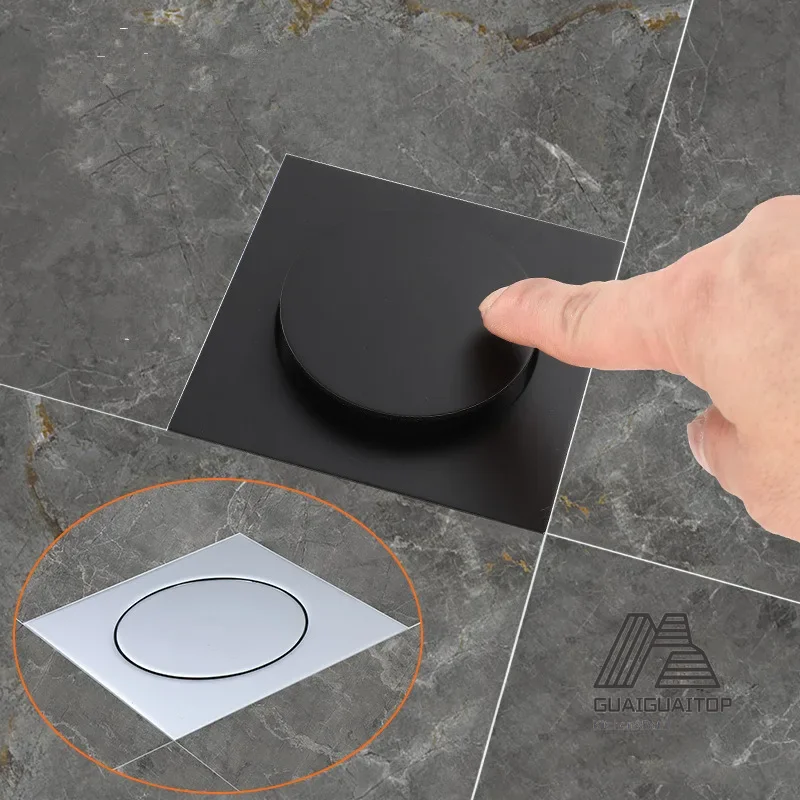
Can boiling water unclog a shower drain with standing water?
Yes, boiling water can sometimes clear a clog. Carefully pour it down the drain to dissolve soap or grease. Avoid this if you have PVC pipes.
Does a mixture of vinegar and baking soda work on all clogs?
Not always. This mixture can break down some clogs, but not all. It’s worth a try before using stronger methods.
After using a plunger, my drain is still slow. What should I do?
Try a plumbing snake to reach deeper clogs. If this doesn’t work, consider calling a professional plumber.
Is it safe to use chemical drain cleaners for unclogging?
Use them with caution and follow the instructions. They can be effective but may harm your pipes over time.
Are there any natural methods for preventing future clogs?
Regularly pour hot water down the drain. Also, a weekly mix of vinegar and baking soda can help maintain clear pipes.
By understanding how to tackle a clogged shower drain, you’ll have a better chance of fixing the issue quickly and with less hassle. If these solutions don’t solve the problem, seeking professional help is the next step.
